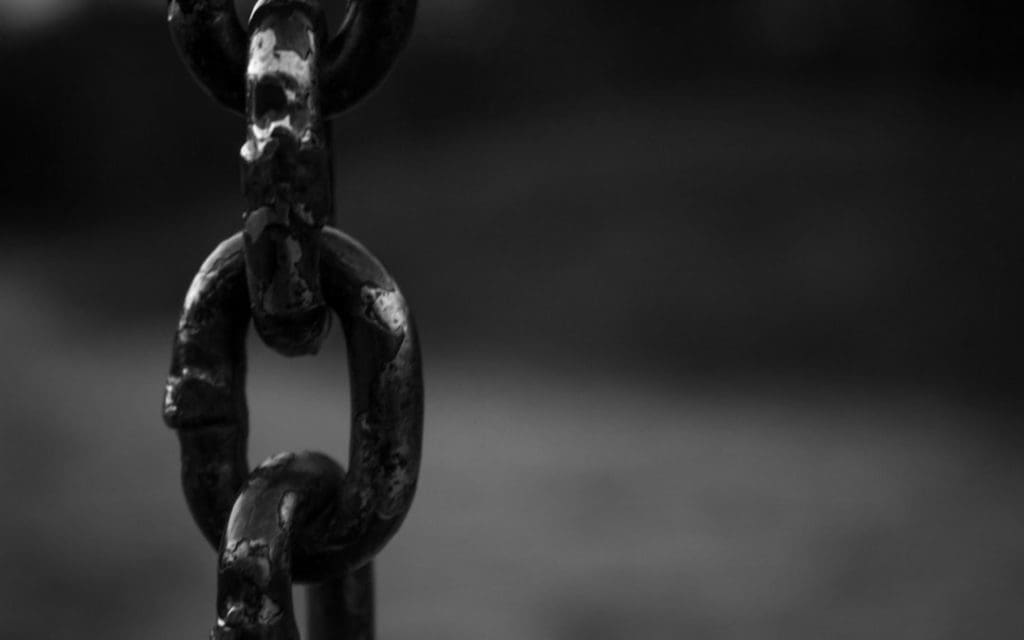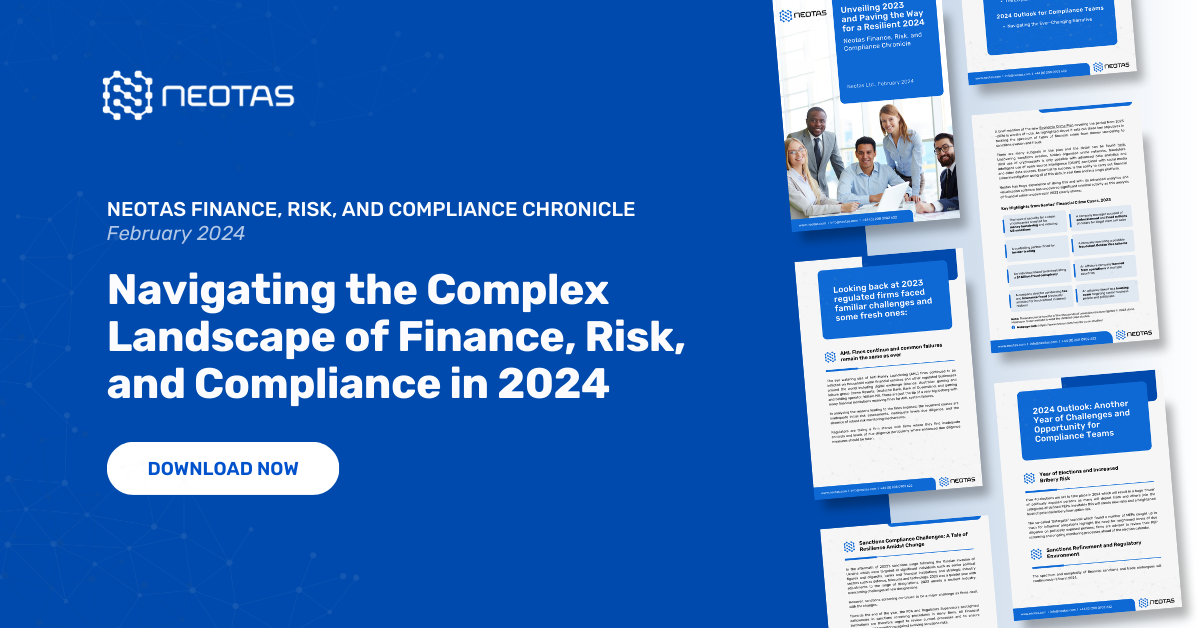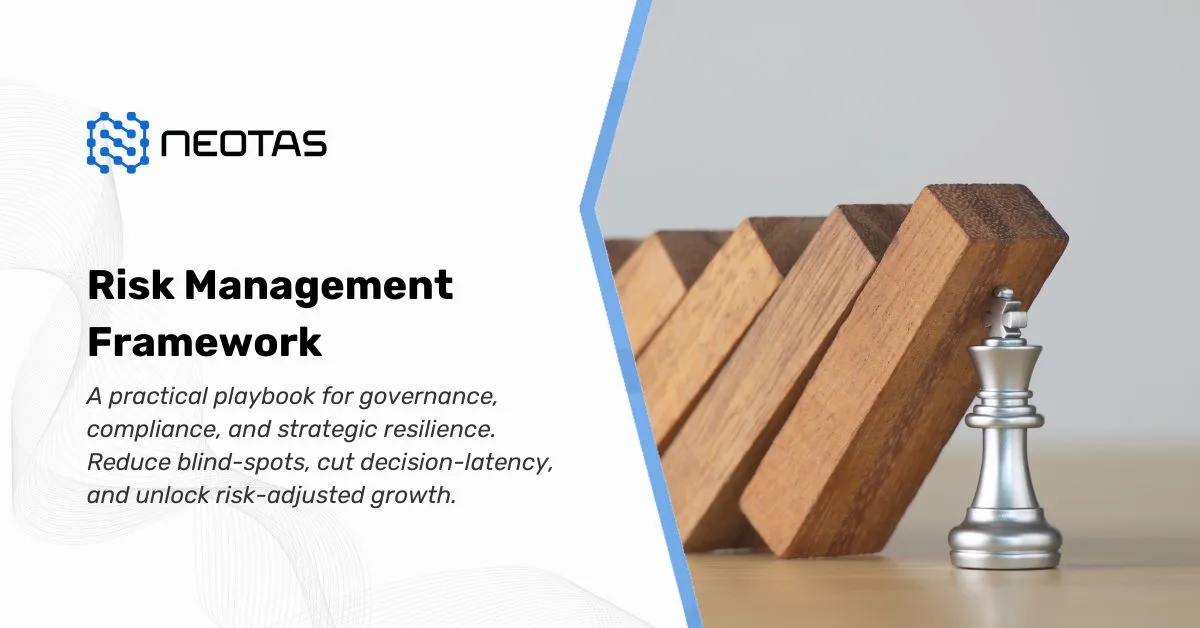Since before Neotas was Neotas, social responsibility has been central to our team. As such, we’ve developed relationships with several charities and volunteer groups. Of note, is our relationship with STOP THE TRAFFIK; a coalition which aims to bring an end to human trafficking worldwide.
Three years ago, I started working for them as a volunteer analyst. Over time, this has grown into a corporate partnership founded on information sharing, analysis and the collaborative development of bespoke tools, techniques and deliverables (more on this to come in the coming weeks… Watch this space!).
STOP THE TRAFFIK shines a light in dark places in order to uncover modern slavery and human trafficking and to disrupt it at its source. STOP THE TRAFFIK’s Centre for Intelligence-Led Prevention, in collaboration with technology partners, collect and analyse data on global human trafficking patterns. The intelligence gathered is used to build resilience and transform communities as well as to directly intervene in vulnerable communities. These actions seek to fuel the systemic disruption of human trafficking networks.
One of the aims of this initiative is to inform business and consumer communities about how and where modern slavery is present in global supply chains. In recent years, it has become increasingly clear that business plays an integral role in the fight against these crimes.
Businesses can be associated with human trafficking, forced labour and exploitation, both directly and indirectly. Large companies are often implicated unknowingly, as a result of their long, multi-tiered, and transnational supply chains. Indeed, when a large company needs to address issues of modern slavery within its supply chains, it can often be entirely overwhelming as to where to begin. Nevertheless, as legislation becomes more stringent, the risk for businesses that ignore these issues increases.
Over the coming weeks, the Neotas team will expand on the issues relating to modern slavery in supply chains focusing the difficulty companies face in conducting due diligence on complex, multi-faceted and transnational networks, as well as shedding some light on the legislation that guides us. In addition, we will also discuss case studies in which Neotas have uncovered modern slavery in a supply chain using open sources.
Human trafficking and modern slavery are thought to be amongst one of the most widespread crimes in the world, affecting millions of men, women and children each day. Moreover, the problems are only increasing. It is time to change this dynamic and in the words of Baroness Stroud at the recent launch of modernslaverymap.org, “To do what you’ve always done, you’ll get what you’ve always got”.
-Jennifer Roderick



 Financial Crime Compliance Trends 2024
Financial Crime Compliance Trends 2024
























